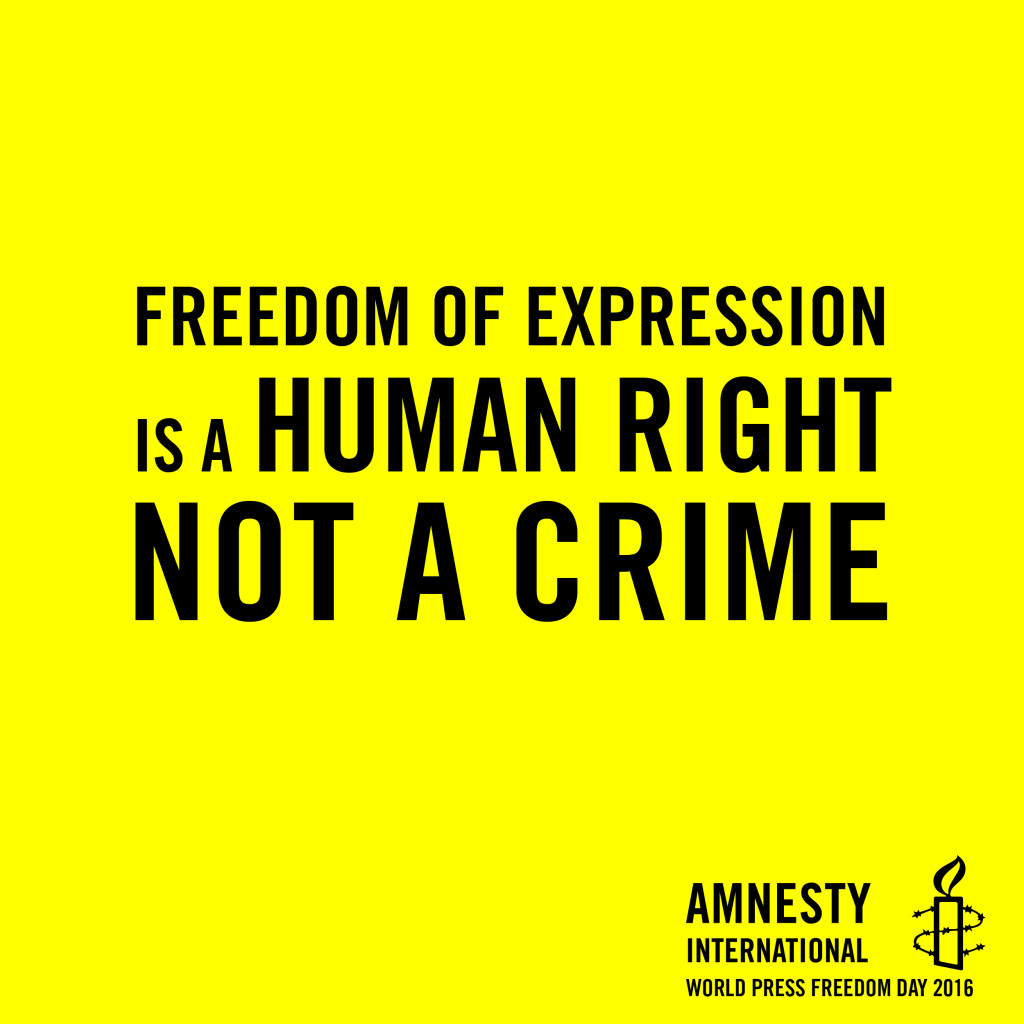
Journalism is not a crime, yet the principles of free speech and a free press are threatened right across the world. To mark World Press Freedom Day on 3 May, we’re highlighting nine cases of journalists who have been locked up, tortured, threatened or even killed just for speaking out.
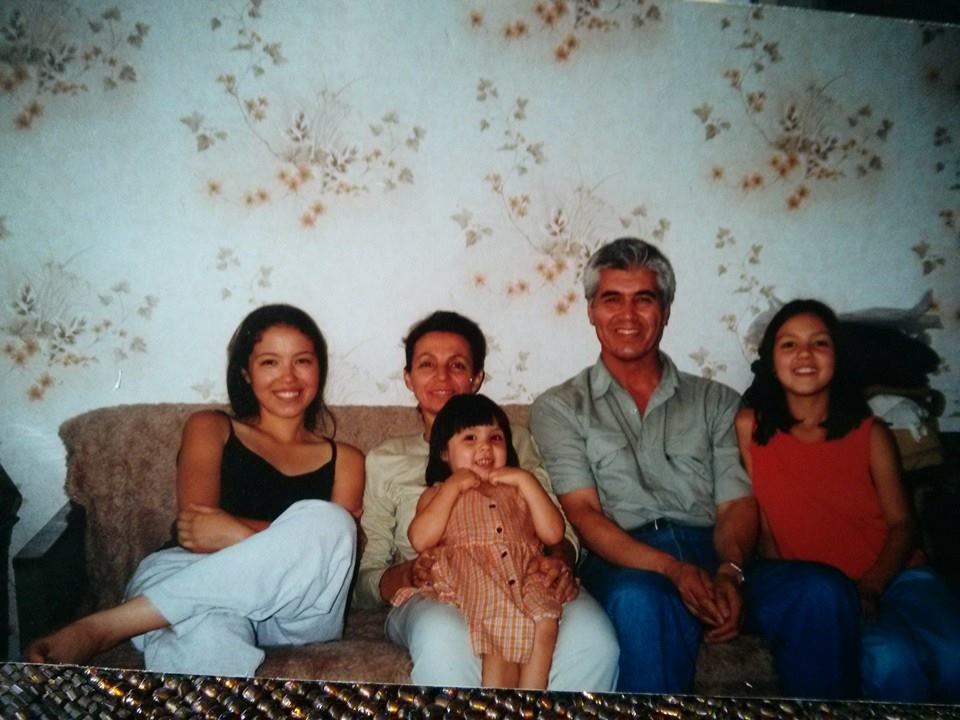
Muhammad Bekzhanov, Uzbekistan
In 1999, Uzbekistani security forces tortured journalist Muhammad Bekzhanov, editor of a banned opposition newspaper. They beat him with rubber truncheons, suffocated him and gave him electric shocks until he confessed to “anti-state” offences. A judge used Muhammad’s ‘confession’ to send him to prison, where he remains to this day. He is one of the world’s longest-imprisoned journalists.
Urge the President of Uzbekistan to release Muhammad and investigate his torture.
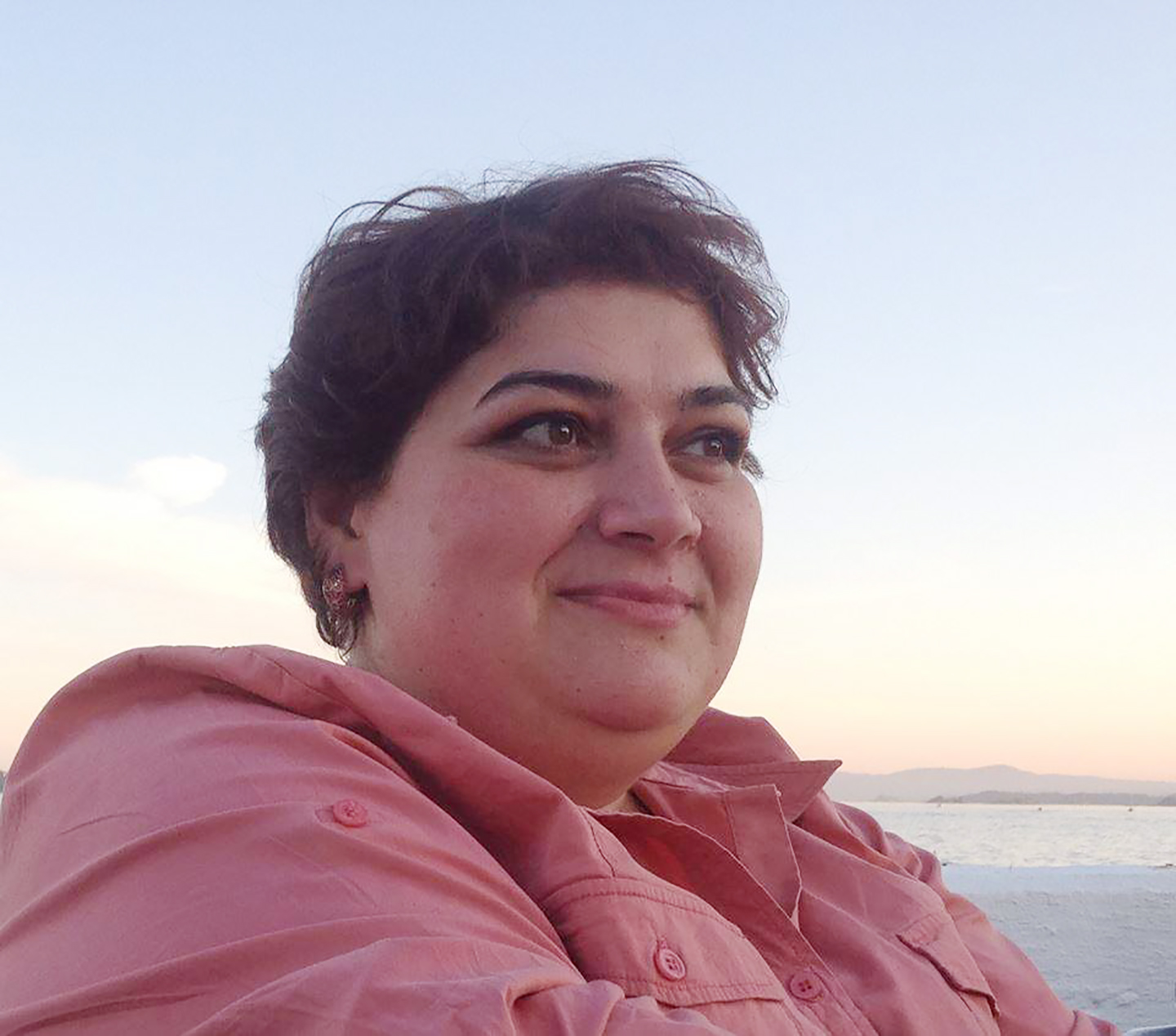
Khadija Ismayilova, Azerbaijan
Khadija Ismayilova is an award-winning investigative reporter who exposed corruption in Azerbaijan, including among the President’s family. She is currently serving seven and a half years in prison as a result of the authorities’ crackdown on free expression.
She was subjected to personal threats, harassment and blackmail attempts in a bid to silence her. Refusing to be cowed, she was finally detained in December 2014 and, following an unfair trial, was convicted in September 2015 on trumped-up charges of embezzlement, illegal entrepreneurship, tax evasion and abuse of office.
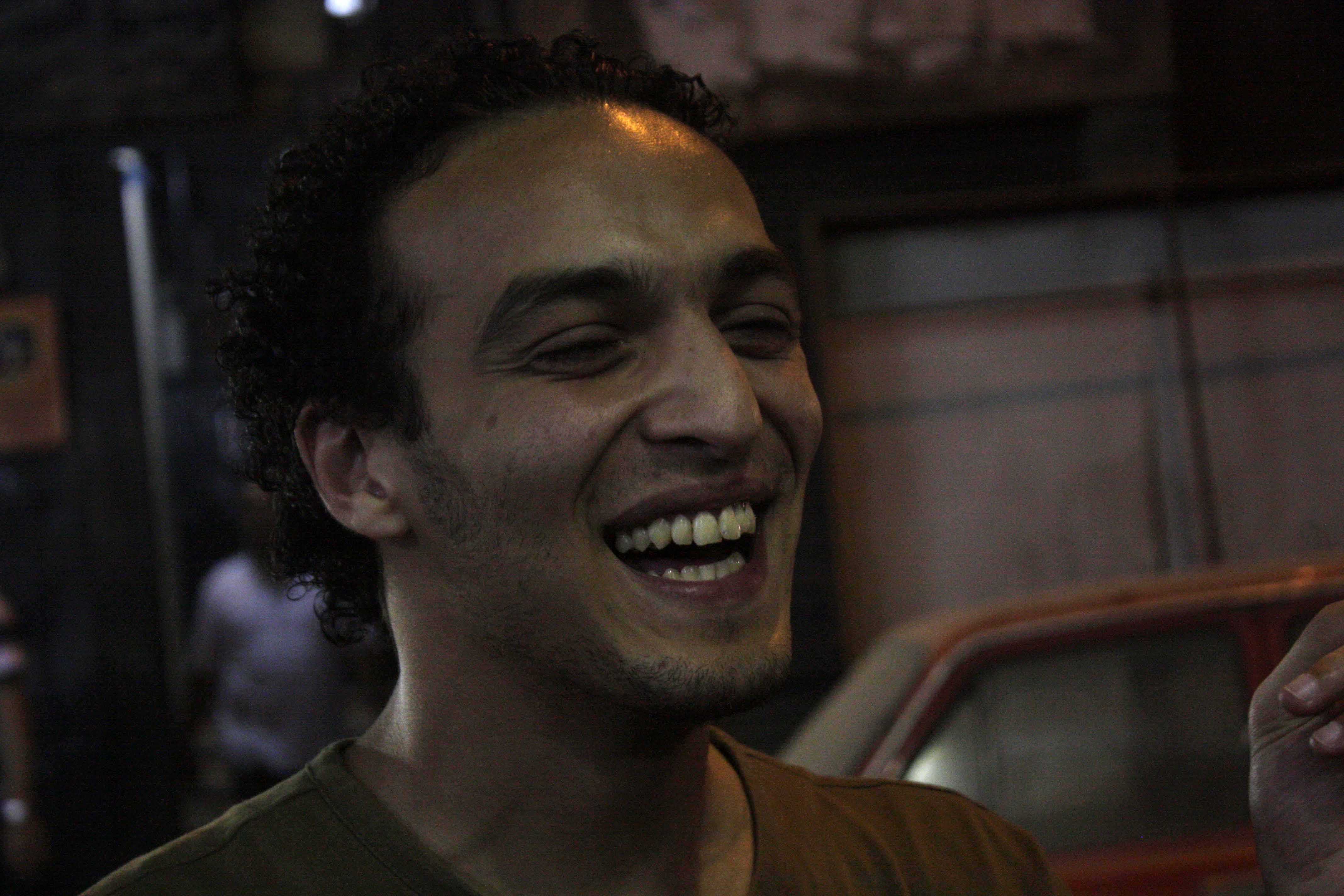
Shawkan, Egypt
Egyptian photojournalist Mahmoud Abu Zeid, also known as “Shawkan”, has spent nearly three years in jail after photographing the violent response of security forces to a sit-in protest in Cairo. He has been tortured in detention and is now on trial facing trumped-up charges which could lead to the death penalty.
Shawkan is one of at least 20 journalists detained for their work in Egypt, according to the Egyptian Press Syndicate.
“I’m a journalist who has no affiliation but to his profession,” he wrote to us in a letter from prison. “Why all this oppression and persecution? Has it not been enough?”
Demand Shawkan’s immediate release: Sign the petition today
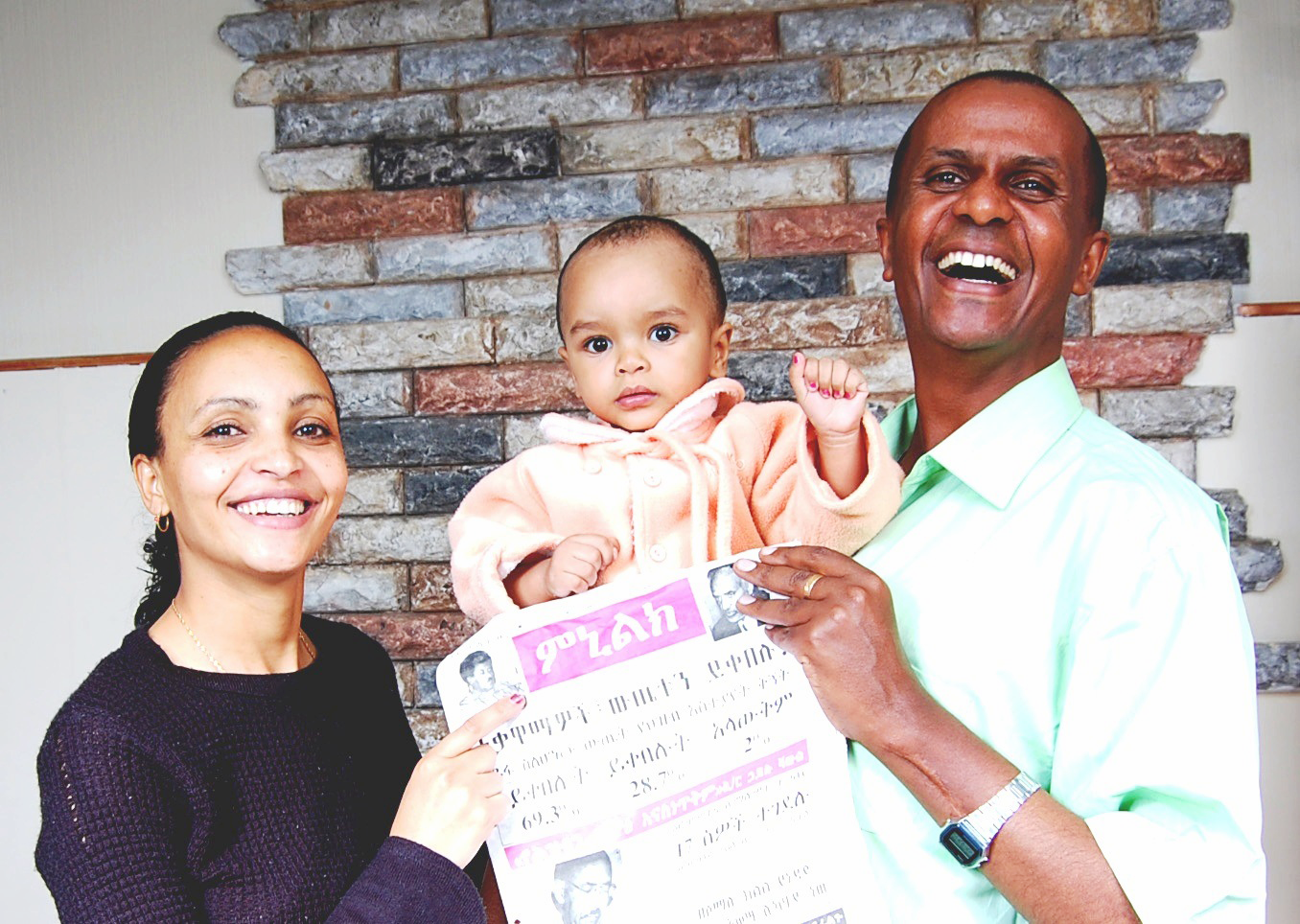
Eskinder Nega, Ethiopia
Eskinder was arrested after publishing an article on the Arab Spring in which he asked whether a similar grass-roots movement for democracy could take hold in Ethiopia. He was charged under the draconian Anti-Terrorism Proclamation with providing support for terrorists and sentenced to 18 years in prison. He has been held in Addis Ababa’s infamous Kality prison where 8,000 inmates are held in cramped, dilapidated and poorly ventilated cells.
Ethiopian journalists are working in an environment of intensifying repression. In recent years, legislation has passed criminalizing freedom of expression as a terrorist act, punishable by up to 20 years in prison.
Call on the authorities to free Eskinder and stop silencing journalists!
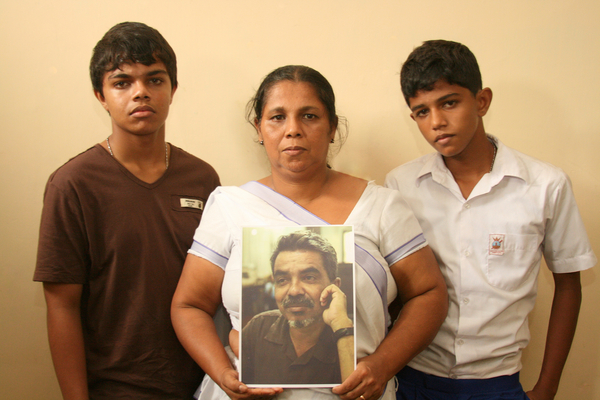
Sandya Eknaligoda wife of disappeared journalist Prageeth Eknaligoda with with their two sons.
Prageeth Eknaligoda, Sri Lanka
Prageeth Eknaligoda, a Sri Lankan journalist and political analyst, went missing on January 24, 2010, shortly after leaving work at the Lanka-e-News office in Homagama, near the capital Colombo. Local residents told the Sri Lankan press of seeing a white van without number plates close to his house around this time.
Since 2006, at least 14 media workers have been killed in Sri Lanka, with no one held accountable for these murders. Numerous journalists have been detained while others have left the country after receiving death threats.

Raif Badawi, Saudi Arabia
In May 2014, Raif Badawi was sentenced to 10 years behind bars, 1,000 lashes, a 10-year travel ban, and a lifetime ban from appearing in the media. He was convicted of violating Saudi Arabia’s draconian information technology law and “insulting Islam.” The conviction stems from number of articles Raif wrote and published on his site “Saudi Arabian Liberals,” which he founded as a forum for social and political debate. Raif also refused to remove other Saudi writers’ articles from the site.
Your letters, emails, and calls to the authorities make a difference.
“We want life for those who call for our death, and rationality for those who desire ignorance for us.” -Raif Badawi
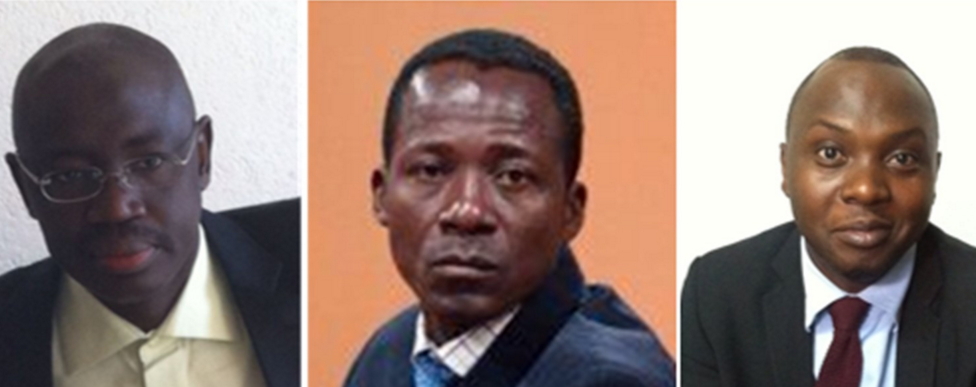
Baba Wame, Rodrigue Tongue and Félix Ebolé Bola, Cameroon
Journalists Baba Wame, Rodrigue Tongue and Félix Ebolé Bola could face prison terms after they refused to disclose their sources for a story they were working on. They had been investigating allegations of collaboration between security forces and an armed group from Central African Republic accused of attacking a town in the east of Cameroon.
The journalists were charged with failing to share their sources and other information that could harm national security. They deny they uncovered anything that could undermine security, and say they just want to protect their sources. The right of journalists not to disclose their sources is an important element of freedom of expression which helps to ensure the free flow of information.
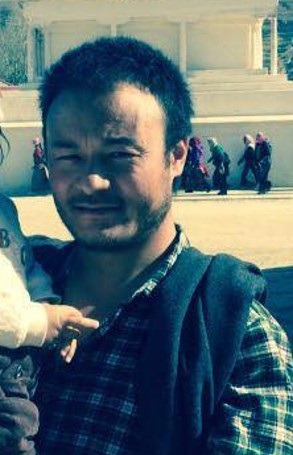
Druklo, China
Druklo (pen-name Shokjang), a young Tibetan writer and blogger known for criticizing the Chinese government’s treatment of Tibetans, has been sentenced to three years in jail for “inciting separatism”. He was convicted following an unfair trial, before and during which he had no access to a lawyer. He says his conviction is based on online posts he made about religious freedom and the Dalai Lama, and for possessing a banned book.
It’s the second time Druklo has been targeted by the Chinese authorities. In 2010, he was detained for co-editing a banned magazine which featured articles about Tibetan protests.
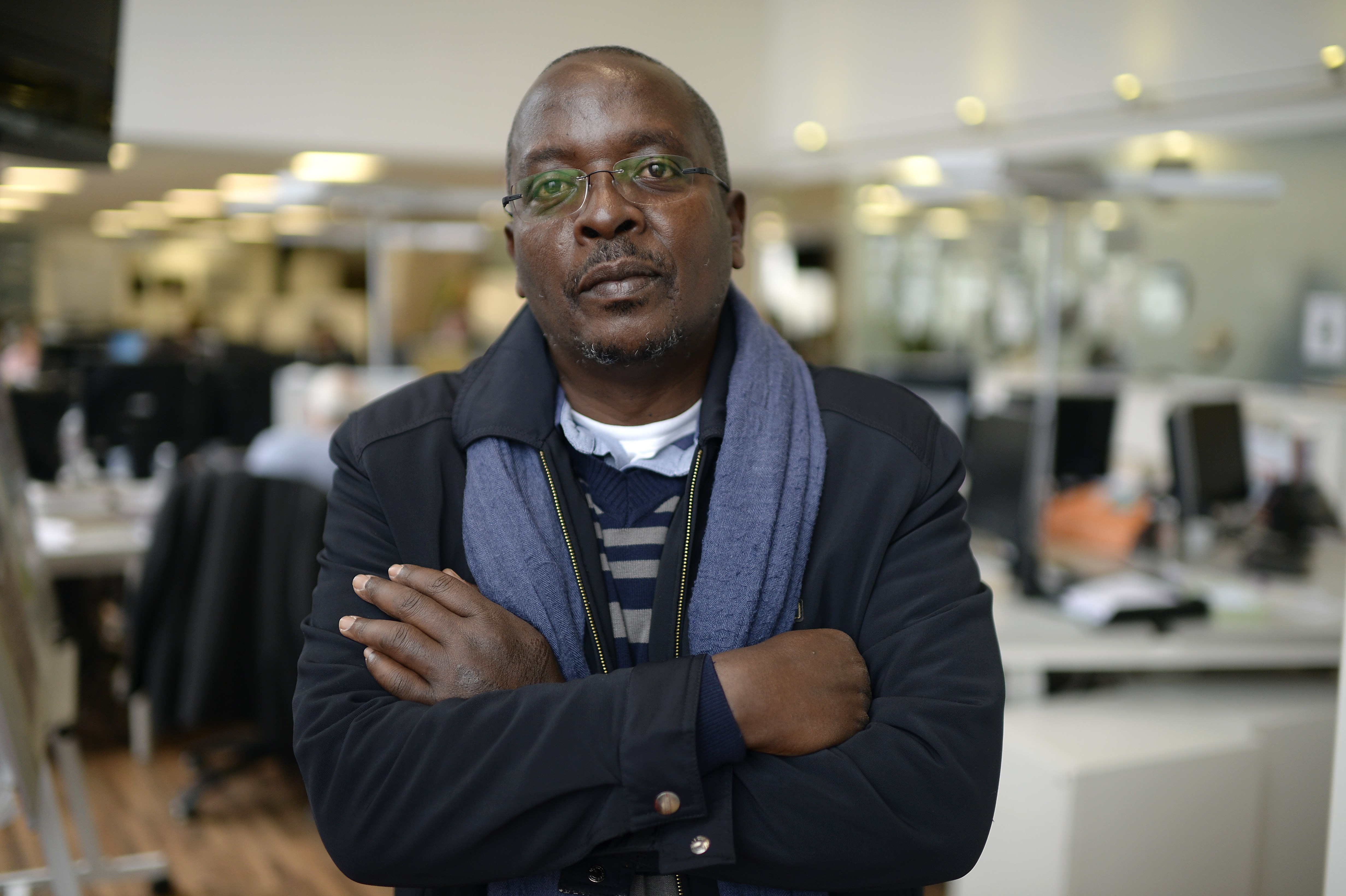
(MIGUEL MEDINA/AFP/Getty Images)3
Esdras Ndikumana, Burundi
In August 2015, Esdras Ndikumama, correspondent for AFP and Radio France Internationale, was arrested as he took photos following the assassination of a top general. According to the Committee to Protect Journalists, Ndikumama said he was beaten on the back, legs and soles of his feet. He is now in exile.
Over the last year, the government has cracked down on journalists, opposition politicians and others perceived to be critical of the ruling party. Four independent private radio stations were destroyed by police during a coup attempt in May 2015.

View of photos of killed journalists and cameras outside the Veracruz state representation office during a journalists protest in Mexico City on February 11, 2016. (RONALDO SCHEMIDT/AFP/Getty Images)
Anabel Flores Salazar, Mexico
Mexican crime reporter Anabel Flores Salazar was murdered in February 2016 after being abducted from her home by armed men. She was a crime reporter for a local newspaper in Veracruz state.
It’s a harrowing reminder of the violent reality faced by thousands of journalists across Mexico, one of the world’s most dangerous countries for media workers. Veracruz is one of the most dangerous states for journalists in Mexico, with at least 17 media workers killed there since 2010.
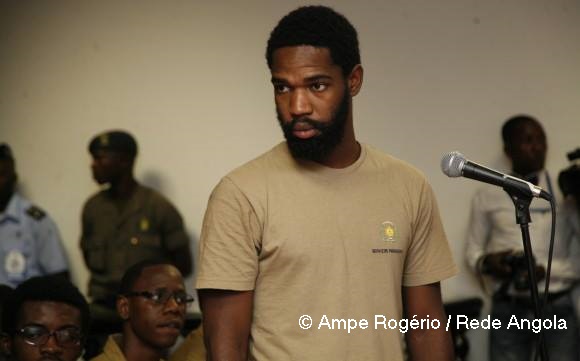
Sedrick de Carvalho is one of the Angola15, a group of young activists currently on trial in Angola.
Sedrick de Carvalho and Domigos da Cruz, Angola
Sedrick de Carvalho and Domigos da Cruz are two journalists among 17 peaceful activists who were arrested after taking part in a reading group where young people discussed democracy and freedom. They were charged with “preparatory acts of rebellion” and “criminal conspiracy” in Angola, and in March 2016 sentenced to four-and-a-half and eight-and-a-half years in prison respectively.
They are prisoners of conscience who have been jailed purely for exercising their rights to freedom of expression and peaceful assembly. They are the victims of a government determined to intimidate those who dare to question its repressive policies.
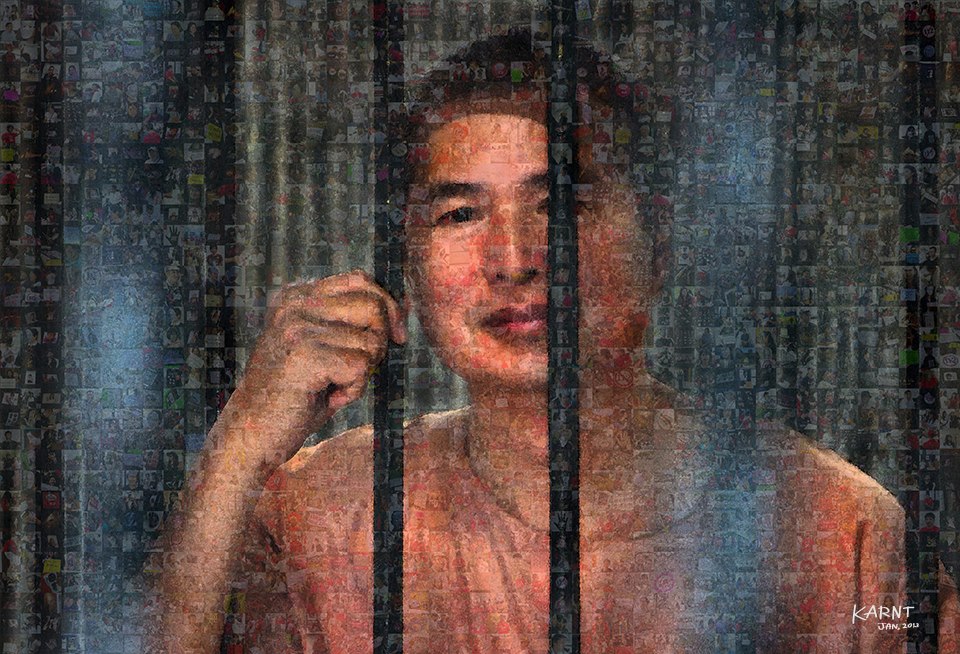
Somyot Prueksakasemsuk, Thailand
In 2011, editor Somyot Prueksakasemsuk published two articles about a fictional monarch which were deemed to have insulted Thailand’s royal family. He was sentenced to 10 years in prison under the country’s lèse majesté law, which prohibits any word or act which “defames, insults, or threatens the King, the Queen, the Heir-apparent, or the Regent”.
In recent years, the Thai authorities have increasingly used repressive legislation to silence peaceful dissent. Somyot and all other prisoners of conscience should be released immediately and unconditionally.

Editor-in-chief of Turkish newspaper Cumhuriyet daily Can Dundar (C) and the newspaper bureau chief in Ankara Erdem Gul (R) arrive to the Istanbul courthouse for their trial on April 22, 2016 in istanbul. (OZAN KOSE/AFP/Getty Images)
Can Dündar and Erdem Gül, Turkey
In November 2015, Cumhuriyet newspaper editor-in-chief, Can Dündar, and its Ankara representative, Erdem Gül, were charged with espionage, revealing state secrets and assisting a terrorist organization. It followed two stories in the newspaper in June 2015, alleging that Turkish intelligence services had transferred weapons to an armed group in Syria in 2014. At the time, the then Prime Minister Recep Tayyip Erdoğan claimed that the trucks were delivering humanitarian aid. The two men could face life imprisonment if convicted.
This case is one of many in which Turkey’s broad anti-terror laws are being used to punish criticism of the government. Journalists should not face criminal charges simply for reporting on stories which are in the public interest.
The detention and prohibition of a fair press and journalism is a human rights injustice
It conveniently attaches your calls to whatsapp as well as no have to bear in mind the usernames. Seeing numerous attributes you want to download this application on your pc system additionally.